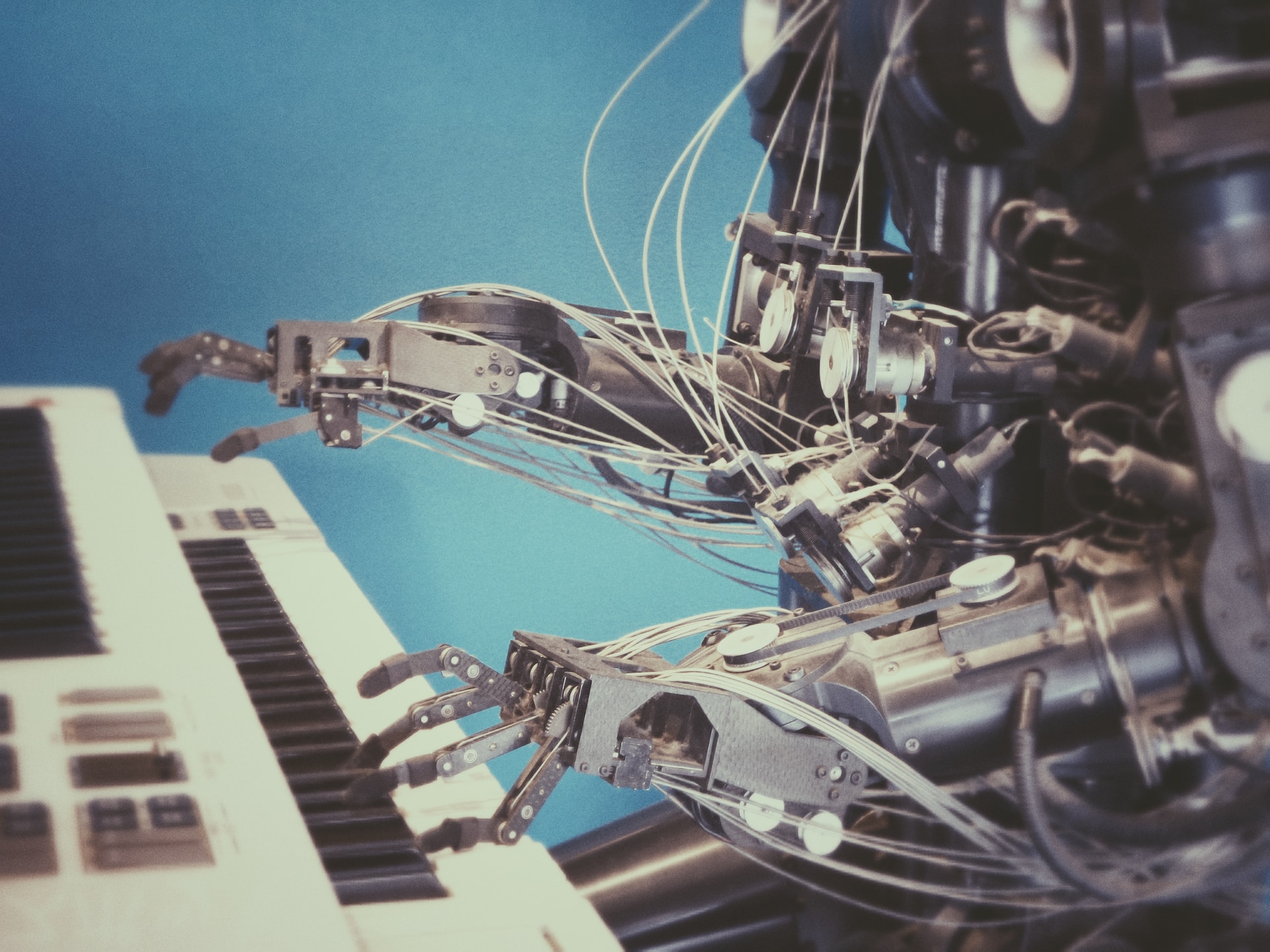How To Get Involved In The Field of Artificial Intelligence
People are scared of artificial intelligence for a variety of reasons. Some people are afraid that AI will become so intelligent that it will surpass human intelligence and take over the world. Others are concerned that AI will be used to create powerful weapons that could be used to harm people. Still others are worried that AI will lead to job losses as machines become capable of doing many of the jobs that are currently done by humans.
There is some evidence to support these fears. For example, in 2017, a group of researchers at OpenAI created an AI program called OpenAI Five that was able to defeat a professional Dota 2 team. This showed that AI is capable of learning complex tasks and performing them at a superhuman level.
However, it is important to remember that AI is still in its early stages of development. It is not yet clear whether AI will ever become so intelligent that it poses a threat to humanity. It is also possible that AI could be used for good, such as developing new medical treatments or helping to solve climate change.
Ultimately, the future of AI is uncertain. It is important to be aware of the potential risks of AI, but it is also important to be open to the potential benefits. Indeed, one can certainly live in fear of losing the potential to work as AI snaps up jobs. Alternatively, one can look at ways to get involved in the the field to see how it will impact the world.
Let us look at a few ways that non-technical people can get involved in the field of artificial intelligence.
Dive Into AI
What is the first step in any new endeavour? Learn the basics!
Start by learning the basics of AI. This includes understanding what AI is, how it works, and the different types of AI. You can turn to a host of online resources and courses that will break down the basics of AI for you. Then, when you are certain of the basics and have a fundamental understanding of this rapidly improving technology, you can start focus further on your other aspects.
- Develop your soft skills. AI jobs often require strong communication, problem-solving, and teamwork skills. It is possible to develop these skills by taking courses, participating in online communities, and working on personal projects.
- Network with people in the AI industry. Attend industry events, connect with people on LinkedIn, and interact with people who work in AI jobs that you’re interested in. Getting out there can help you learn more about the industry and find job opportunities.
- Get experience with AI. This could involve working on personal projects, taking online courses, or getting an internship or entry-level job in AI. The more domain specific experience you have, the more relevant and competitive you’ll be for AI jobs.
- Be patient and persistent. It can certainly take time to find a job in AI, especially if you’re a non-technical person. Keep learning, networking, and applying for jobs, and eventually you’ll find the right opportunity.
Here are some additional tips:
- Hone your resume and cover letter to each job you apply for. It is a great idea to remember to note skills and experience that would be beneficial to your desired work environment.
- Practice your interviewing skills. Do feel free to conduct mock interviews with friends or family members, or record yourself answering common interview questions.
- Conduct the right preparation to answer questions about your knowledge of AI. The interviewer may ask you to explain basic concepts, or to discuss specific AI projects you’ve worked on.
- Be confident and enthusiastic. Show the interviewer that you’re passionate about AI and that you’re a valuable addition to their team.
Different Types of Non Technical Roles In AI
Here are a few different roles that you might find to be of interest as this growing segment of technology becomes very relevant.
- Business Analyst: Analyzes the needs of businesses and develops solutions using AI.
- Product Manager: Oversees the development and launch of AI products.
- Marketing Manager: Creates and executes marketing campaigns for AI products.
- Sales Representative: Sells AI products to businesses.
- Customer Service Representative: Provides support to customers of AI products.
- Technical Writer: Writes documentation for AI products.
- User Experience Designer: Designs the user experience for AI products.
- Data Scientist: Analyzes data to improve AI products.
- Software Engineer: Develops the software for AI products.
- Robotics Engineer: Develops the hardware for AI products.
- Ethical AI Specialist: Ensures that AI products are developed and used ethically.
- AI Policy Analyst: Develops policies for the use of AI.
- AI Researcher: Conducts research on AI.
These are just a few of the many non technical jobs in AI. With the rapid growth of AI, there are many new and exciting opportunities for people with a variety of skills and interests.

